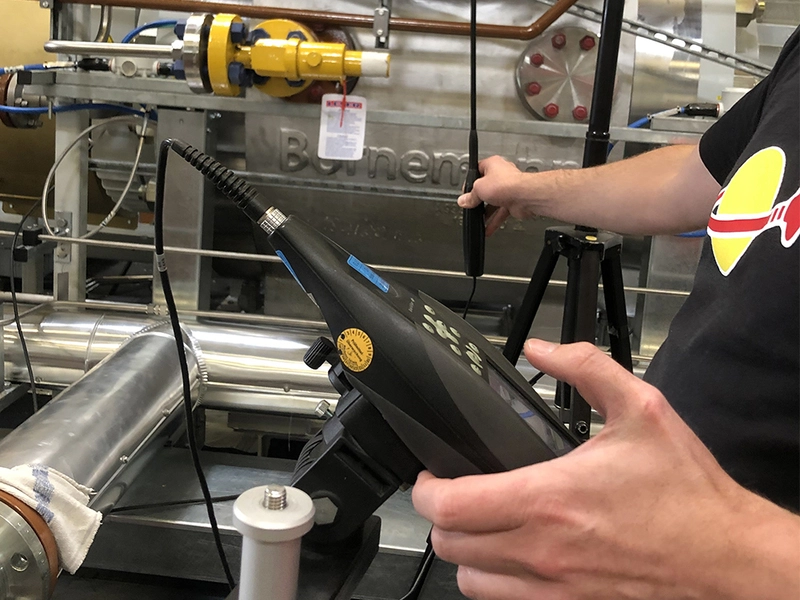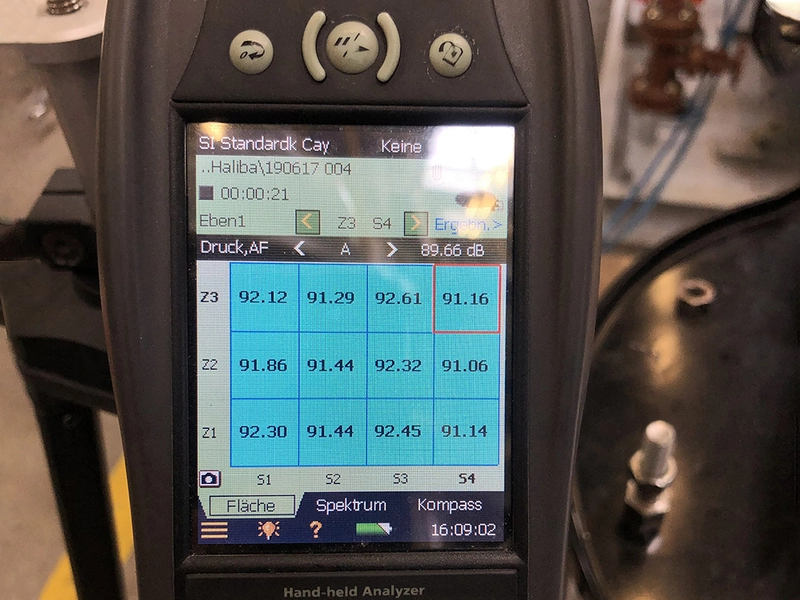Evaluating Noise Levels and Ensuring Compliance: The Importance of Noise Measurement Testing
Noise measurement testing is conducted to assess and quantify the levels of sound or noise produced by various sources, such as industrial machinery, vehicles, appliances, or environmental factors. The objective of this test is to evaluate the noise levels, identify potential noise hazards, and ensure compliance with regulatory standards and guidelines. Noise measurement tests are essential for assessing and mitigating the impact of noise on human health, safety, and the environment.
During a noise measurement test, specialized equipment, such as sound level meters or noise dosimeters, is used to measure and analyze the sound pressure levels in decibels (dB). The test is typically conducted in different locations or at various distances from the noise source to capture a comprehensive understanding of the noise characteristics.
The applications of noise measurement testing are wide-ranging and include:
- Occupational Health and Safety: Noise measurement tests are crucial in workplaces to assess the noise exposure levels that employees are subjected to. This helps in identifying potential risks of noise-induced hearing loss or other health issues. By measuring the noise levels, employers can implement appropriate measures to control and reduce noise exposure, such as implementing hearing protection, engineering controls, or work practices.
- Environmental Impact Assessment: Noise measurement tests are conducted to evaluate the impact of noise generated by industries, transportation, construction sites, or other sources on the surrounding environment. It helps in identifying noise pollution levels, potential disturbances to wildlife, or impacts on residential areas. This data is used to develop mitigation strategies and ensure compliance with environmental regulations.
- Product Development and Quality Control: Noise measurement testing is essential in product development, especially for manufacturers of appliances, vehicles, or machinery. It helps assess and optimize the noise levels generated by products to meet regulatory requirements and customer expectations. By measuring and analyzing noise, manufacturers can identify and address noise-related issues, improve product quality, and enhance user experience.
- Community Noise Assessment: Noise measurement tests are conducted to assess and address noise complaints from communities. It helps in identifying the sources and levels of noise that may be causing disturbance or affecting the quality of life for residents. By measuring and analyzing community noise, appropriate measures can be taken to mitigate noise levels and minimize the impact on nearby residents.
- Compliance and Regulation: Noise measurement tests are used to ensure compliance with local, national, and international noise regulations and standards. Industries, construction sites, transportation systems, and other noise-emitting entities are required to meet specific noise limits and guidelines. By conducting noise measurement tests, organizations can demonstrate compliance and take corrective actions if necessary.
Overall, noise measurement testing is crucial for assessing, controlling, and mitigating the impact of noise on human health, safety, and the environment. It provides valuable data for implementing noise control measures, ensuring compliance with regulations, and enhancing the quality of products and living environments. If you have any further inquiries or would like to learn more about our noise measurement testing services, please feel free to Contact Us. Our team is available to assist you and provide the information you need.

